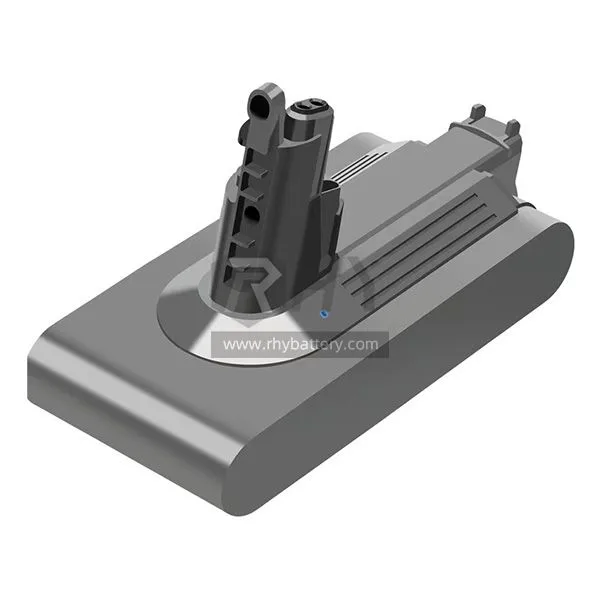Together for An Electric Future.
As technology continues to advance, the choices we have for powering our everyday devices are expanding. When it comes to vacuum cleaner batteries, the type of battery used can significantly impact performance and user experience. In this article, we will compare two popular battery types – Lithium-ion and Nickel-cadmium – to help you make an informed decision for your vacuum cleaner.
Lithium-ion batteries have become the go-to choice for many modern devices due to their high energy density, lightweight nature, and longer lifespan. In the context of vacuum cleaners, these batteries offer a powerful and consistent performance, ensuring efficient cleaning sessions without the hassle of frequent recharges.
Nickel-cadmium batteries, while an older technology, still find use in some vacuum cleaner models. Known for their durability and ability to handle high-drain applications, these batteries are a reliable option. However, they come with drawbacks, such as a lower energy density and the notorious "memory effect," which can reduce overall battery capacity over time.

Lithium-ion batteries boast a higher energy density compared to Nickel-cadmium batteries. This means they can store more energy in a smaller and lighter package, providing vacuum cleaners with a longer runtime and more efficient cleaning.
Lithium-ion batteries generally have a longer lifespan compared to Nickel-cadmium batteries. The latter is prone to the memory effect, which can shorten its overall life if not properly managed. Lithium-ion batteries, on the other hand, are less susceptible to this issue, offering a more reliable and durable power source.
For those looking for a lightweight and compact vacuum cleaner, Lithium-ion batteries are the preferred choice. They contribute to the overall portability of the device, making it easier to maneuver and carry around the house. Nickel-cadmium batteries, while robust, tend to be bulkier and heavier.
If you require a vacuum cleaner for quick, on-the-go cleaning sessions, Lithium-ion batteries are ideal due to their higher energy density and longer runtime. For occasional use or less demanding applications, Nickel-cadmium batteries may suffice.
Lithium-ion batteries are generally considered more environmentally friendly than Nickel-cadmium batteries. They are easier to recycle and contain fewer toxic materials, contributing to a greener approach to technology.
In the lithium-ion vs. nickel-cadmium battery debate for vacuum cleaners, the choice ultimately depends on your specific needs and preferences. However, for cutting-edge technology and reliable battery solutions, consider RHY Battery. Our commitment to quality ensures that your vacuum cleaner performs at its best, providing a hassle-free and efficient cleaning experience. Choose RHY Battery for a powerful and enduring solution to your vacuum cleaner power needs.